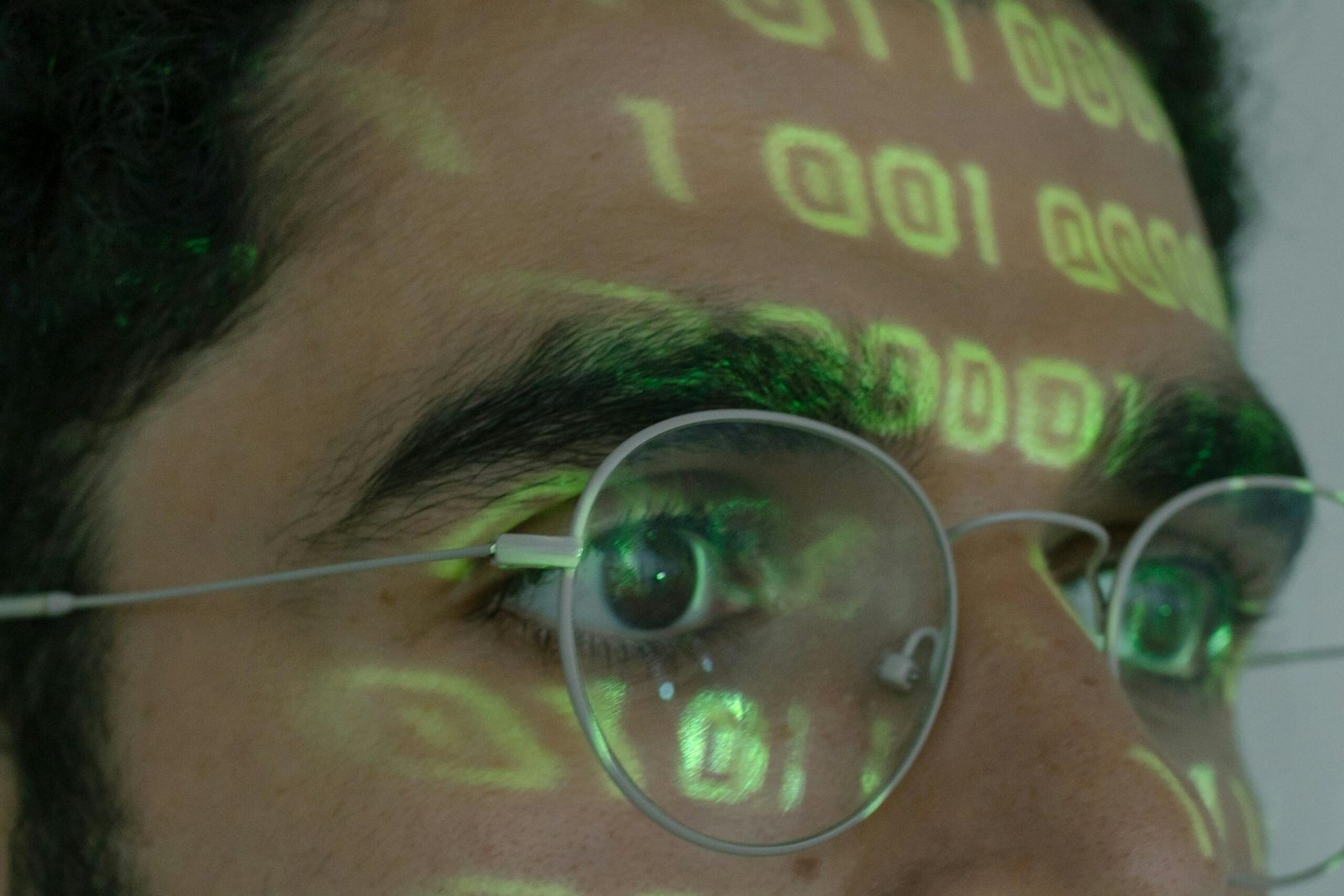Breaking News
Popular News




Enter your email address below and subscribe to our newsletter

Blockchain in Healthcare: Healthcare is undergoing a radical transformation, and at the heart of this shift is blockchain technology. Originally known for powering cryptocurrencies, blockchain now holds the potential to solve some of the most pressing issues in healthcare: data privacy, interoperability, and fraud prevention.
At bit2050.com, we explore how blockchain is becoming the next frontier in healthtech.
Blockchain in healthcare refers to the application of distributed ledger technology to improve the management of medical data, ensure privacy, and streamline operations. With its decentralized, immutable, and transparent nature, blockchain is ideal for storing sensitive patient data and ensuring it is secure and accessible.
Blockchain allows for tamper-proof medical records. Once information is recorded, it cannot be altered, reducing fraud and errors.
Hospitals and clinics often use different systems. Blockchain creates a unified data layer, ensuring seamless data sharing while maintaining privacy.
Counterfeit drugs are a global issue. Blockchain can track a drug’s journey from manufacturer to pharmacy, ensuring authenticity and safety.
Blockchain automates claim approvals through smart contracts, reducing paperwork and fraud.
All research data, consent forms, and results can be stored on the blockchain, ensuring transparency and integrity.
✅ Enhanced Data Security
✅ Patient Ownership of Health Data
✅ Faster Insurance Claims
✅ Reduced Fraud and Errors
✅ Improved Research Collaboration
🔒 Regulatory Compliance: Blockchain must align with laws like HIPAA and GDPR.
💰 Implementation Costs: Transitioning legacy systems can be expensive.
🤝 Adoption Resistance: Traditional healthcare providers may be slow to adapt.
MediLedger: Tracks pharmaceuticals to fight counterfeiting.
BurstIQ: Enables secure data exchange between healthcare providers.
Guardtime: Used by governments for managing patient records securely.
Q1: Is patient data stored directly on the blockchain?
A: Usually, only the data hash is stored for privacy; the actual data is stored off-chain.
Q2: Can patients control who accesses their records?
A: Yes, blockchain enables patient-centric control, allowing patients to grant or revoke access.
Q3: Is blockchain compliant with HIPAA?
A: Blockchain must be configured properly to meet HIPAA standards for data privacy.
Q4: How does blockchain prevent fraud in clinical trials?
A: It provides a transparent, time-stamped record of every data entry and change.
Q5: Are there hospitals already using blockchain?
A: Yes, some leading hospitals in the US, Europe, and Asia are already running pilot programs.
Blockchain is more than just a buzzword—it’s a game-changer for healthcare. From securing patient data to ensuring drug safety, the use of blockchain is opening new doors in healthtech.
For more deep dives into the future of technology and finance, visit bit2050.com — your trusted source for intelligent insights.